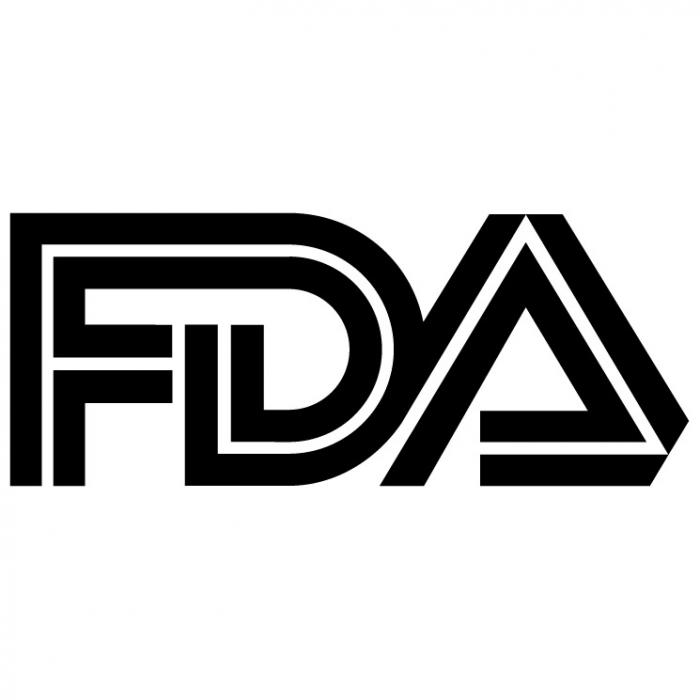

HERTFORDSHIRE, England and PITTSBURGH and BENGALURU, India, June 4, 2018 /PRNewswire/ -- Mylan N.V. (NASDAQ: MYL) and Biocon Ltd. (BSE code: 532523, NSE: BIOCON) today announced that the U.S. Food and Drug Administration (FDA) has approved Mylan's Fulphila (pegfilgrastim-jmbd), a biosimilar to Neulasta (pegfilgrastim), co-developed with Biocon. Fulphila has been approved to reduce the duration of febrile neutropenia (fever or other signs of infection with a low count of neutrophils, a type of white blood cells) in patients treated with chemotherapy in certain types of cancer.
1127-74-8,1,2,3,4-Tetrahydro-benzo[b]azepin-5-one
Read More4038-14-6,(3,4-dimethoxyphenyl)-phenylmethanone
Read More2338-76-3,2-[3-(trifluoromethyl)phenyl]acetonitrile
Read More351-35-9,2-[3-(trifluoromethyl)phenyl]acetic acid
Read More2997-92-4,2,2'-Azobis(2-methylpropionamidine) dihydrochloride
Read More95585-78-7,L-Phenylalanine, 1-methylethyl ester, hydrochloride
Read More20324-87-2,Disodium 7,7'-(carbonyldiimino)bis(4-hydroxynaphthalene-2-sulphonate)
Read More182498-32-4,1-(2-bromophenyl)-3-(2-hydroxy-4-nitrophenyl)urea
Read More1101854-58-3,(4-nitrophenyl) 4-[bis(1,3-benzodioxol-5-yl)-hydroxymethyl]piperidine-1-carboxylate
Read More170565-89-6,N,N-dimethyl-2-oxo-1,3-dihydroindole-5-sulfonamide
Read More1460-59-9,5,6,11,12-tetrahydrodibenzo[1,2-b:1',2'-g][8]annulene
Read More284035-33-2,2-chloro-6-[(2R)-2-hydroxy-3-[(2-methyl-1-naphthalen-2-ylpropan-2-yl)amino]propoxy]benzonitrile
Read More440662-09-9,N-(2,3-dihydrobenzo[b][1,4]dioxin-6-yl)-2-methyl-1-oxo-1,2-dihydroisoquinoline-4-carboxamide
Read More932986-18-0,N-[2-[2-(4-chlorophenyl)-1,3-thiazol-4-yl]ethyl]butanamide
Read More1234015-52-1,5-(5-(2-(3-aminopropoxy)-6-methoxyphenyl)-1H-pyrazol-3-ylamino)pyrazine-2-carbonitrile
Read More1651890-44-6,3'-Methyl-3''-[(1E)-2-phenylethenyl]-3,2':5',2'':5'',3'''-quaterpyridine
Read More1469924-27-3,3-[4'-(Dimethylamino)-3-biphenylyl]-1,1-dimethylure
Read More3897-94-7,8-Methoxy-N,N-dipropyl-1,2,3,4-tetrahydro-2-naphthalenamine
Read More1202759-32-7,4-{4-[(4-{[3-(Acryloylamino)phenyl]amino}-5-fluoro-2-pyrimidinyl) amino]phenoxy}-N-methyl-2-pyridinecarboxamide
Read More71145-03-4,1,4-Dihydro-2,6-dimethyl-3-nitro-4-(2-trifluoromethylphenyl)-pyridine-5-carboxylic acid methyl ester
Read More500579-04-4,2-[[3-[[2-(dimethylamino)phenyl]methyl]-2-pyridin-4-yl-1,3-diazinan-1-yl]methyl]-N,N-dimethylaniline
Read More1443437-74-8,N-(4-chlorophenyl)-1-(3-(furan-2-yl)benzoyl)piperidine-3-carboxamide
Read More1125-29-7 1,3,5-Trimethyl-1H-pyrazole-4-carboxylic acid
Read More23362-56-3 [2-(aminocarbonyl)phenyl]acetic acid
Read More103788-65-4 2-(5-Methyl-2-phenyl-1,3-oxazol-4-yl)ethan-1-ol
Read More120503-69-7 2-Amino-6-cyclopropylamino-9H-purine
Read More